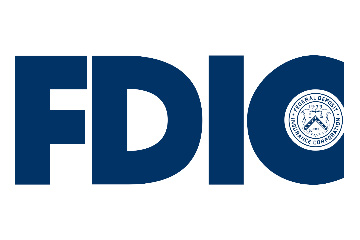Introducing Money Smart News for Kids
Brittany Burroughs, a Community Affairs Specialist at the Federal Deposit Insurance Corporation (FDIC), recently unveiled their latest educational innovation, Money Smart News for Kids. This new resource aims to lay a solid foundation for financial literacy among young learners. By explaining the roles of banks and the critical function of the FDIC in safeguarding consumers’ money, this initiative prepares children to be informed participants in the economy.
Money Smart News for Kids: A Dynamic Learning Tool
Available in both English and Spanish, Money Smart News for Kids consists of a nine-page series that introduces basic banking terminology in an engaging manner. It features two characters who explore various financial concepts, making it a fun and educational experience for children just starting to learn about money. This program is part of the broader FDIC Money Smart financial education framework, designed to foster financial capabilities across all ages.
Expanding Financial Education with FDIC’s Money Smart Resources
The FDIC offers a comprehensive suite of Money Smart tools. For young learners, the Money Smart for Young People (MSYP) program offers tailored curricula across different educational levels, complete with lesson plans and guides for parents and caregivers. For young adults, the Money Smart for Young Adults (MSYA) program delves into critical topics such as budgeting, handling student loans, and understanding credit. These programs not only equip young individuals with essential financial knowledge but also integrate real-world applications to reinforce learning.
Interactive Learning and Community Engagement
The FDIC’s efforts extend beyond traditional learning; they also include innovative approaches like organizing reality fairs. These events simulate financial decision-making processes in adult life, offering youths a practical and immersive way to apply their knowledge. Additionally, the FDIC’s Money Smart News, a monthly newsletter, along with the Teacher Online Resource Center, provides educators with a wealth of resources to further promote financial literacy.
Through these initiatives, the FDIC aims to advance financial literacy, helping individuals build confidence in financial management and achieve their economic goals. As these educational tools reach more young people, the FDIC continues to support the growth of financial understanding and well-being across communities.

